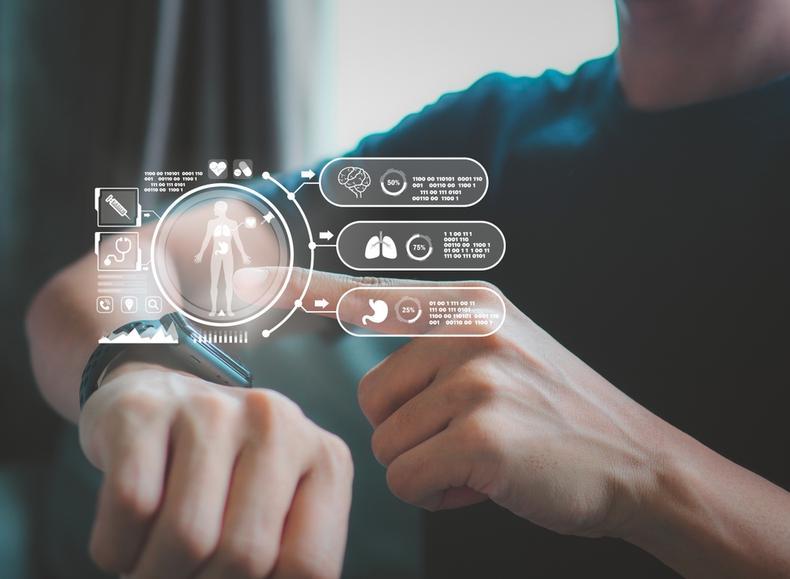Expert view: How emerging health technology can affect DEI
People of all demographics are now wearing technology, such as smart watches, but employers need to be aware that there’s a risk that the higher rewarded, higher status parts of the workforce may benefit more from health self-monitoring than people who cannot afford access to this.
We know that poverty and inequality are factors in terms of outcomes and accessing healthcare. Boards and HR leaders need to understand the true demographics of their workforce and their relationship to inequality and health. We should be prioritising our focus on the people with the greatest need, and understanding and evaluating the wellbeing initiatives we already run to see whether they are addressing such inequality.
As employers, we all need to take an interest in what’s happening in our local communities – there’s an obvious business need, and we know there’s a link between the current cost-of-living crisis and potential longer-term healthcare problems and needs.
There’s a range of great digitally enabled health services out there (particularly in mental health provision), but not everyone has the same access to mobile phones, computers or broadband. There’s a risk that if we don’t properly design workplace wellbeing services around disadvantaged communities, we exacerbate health inequalities.







